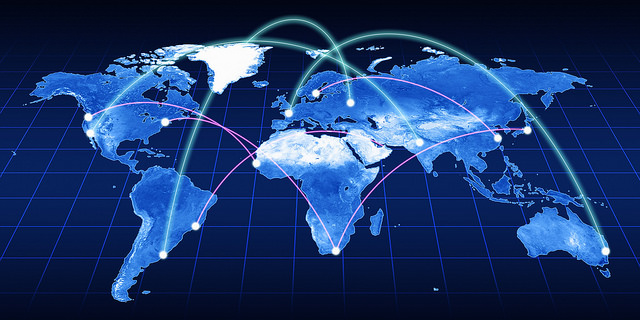Understanding and Correctly Addressing Globalization
Globalization cannot be stopped. Evidently, as all processes produce benefits and losses, globalization has and will keep on producing its winners and losers as well. The key challenge is to enhance and make sustainable benefits and reduce costs with appropriate medium- and long-term policies.
Understanding the process of (economic) globalization is difficult due to its uneven development, both in time and space. It is not linear and characterized by set-backs, such as economic protectionism, or de-globalization, and populist movements. Also, different areas are differently affected by globalization. Looking at the five decisive factors of economic globalization, we can identify very different degrees of globalization.
About 60% of the global flow of commodities is covered by free trade agreements, the European Union being the unquestionable pioneer. A bit less but rapidly increasing is the globalization of services, a key element of current and future bilateral liberalization. Any restrictions on the free flow of technology are, in turn, in part due to competition issues and in part due to security considerations.

Photo: Flickr, faith.e.murphy Murphy

